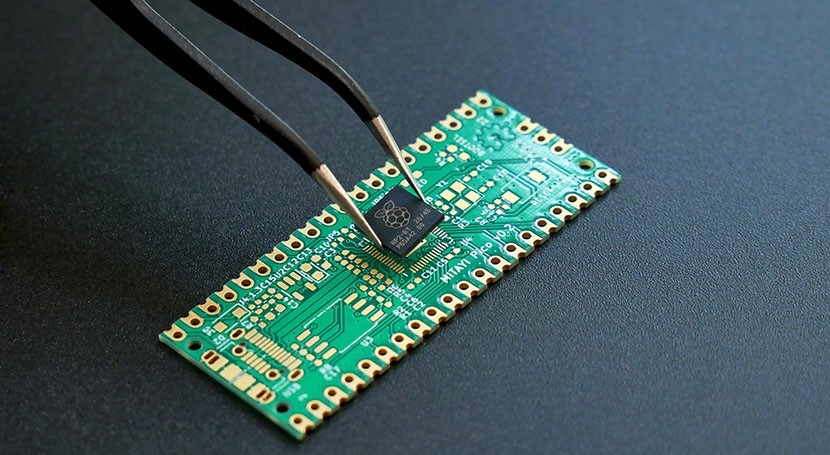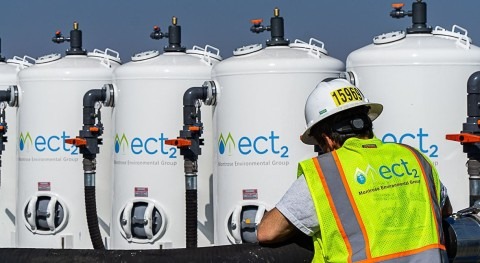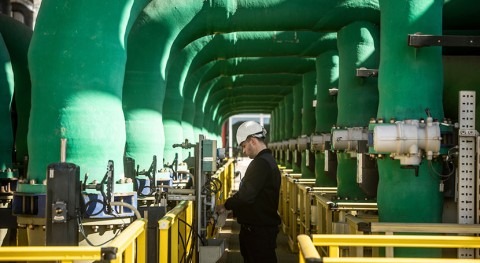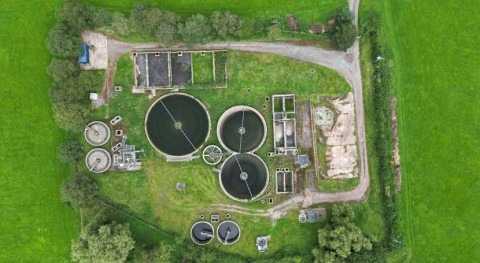In response to the surging demand for semiconductors amidst the ongoing global chip shortage, Samsung Semiconductor has unveiled a groundbreaking initiative to address the water consumption of chip manufacturing. The semiconductor industry is water-intensive, with each chip necessitating thousands of gallons of ultrapure water (UPW) for production.
Samsung's plan entails a significant expansion of its production lines, with projections indicating that its industrial water demand will more than double by 2030. To mitigate this, the South Korean tech giant has announced its intention to reuse wastewater as a resource for its manufacturing processes.
The semiconductor industry is water-intensive, with each chip necessitating thousands of gallons of ultrapure water (UPW) for production
The company plans to treat and purify 400 million liters (105.668 million gallons) of wastewater per day at its Hwaseong plant, transforming it into ultrapure water suitable for chip production. Recognizing the critical importance of water purity in semiconductor manufacturing, Samsung will subject the wastewater to multiple stages of filtration and purification to eliminate any potential contaminants that could compromise chip quality.
This innovative approach marks a significant stride towards sustainability in chip manufacturing. By harnessing wastewater as a water source, Samsung aims to lessen its dependence on freshwater reservoirs, thus contributing to broader water conservation endeavors. Moreover, this move could potentially set a new standard for environmental responsibility in an industry long scrutinized for its environmental impact.
Samsung's initiative is poised to have implications across the chip manufacturing landscape, with other companies likely to consider similar strategies. As the global focus on sustainability intensifies, initiatives like Samsung's exemplify the industry's commitment to mitigating its environmental footprint while meeting the burgeoning demand for semiconductor products.



















